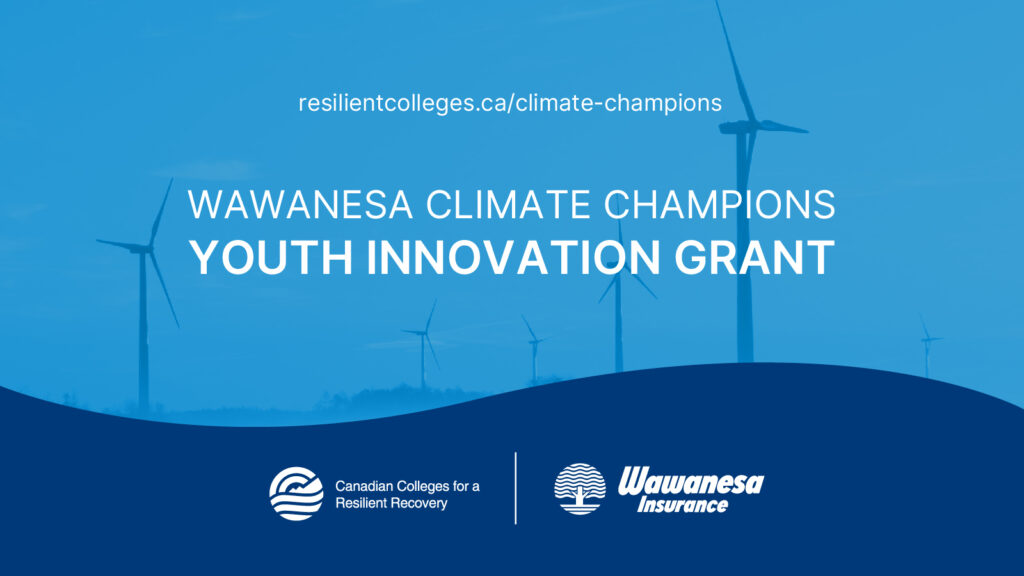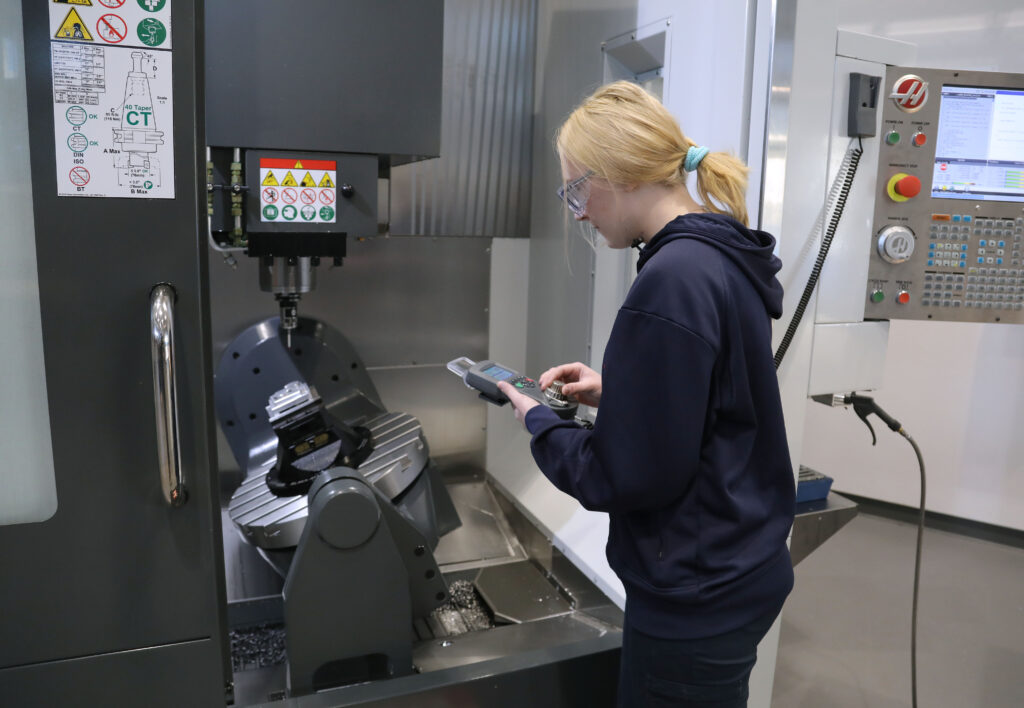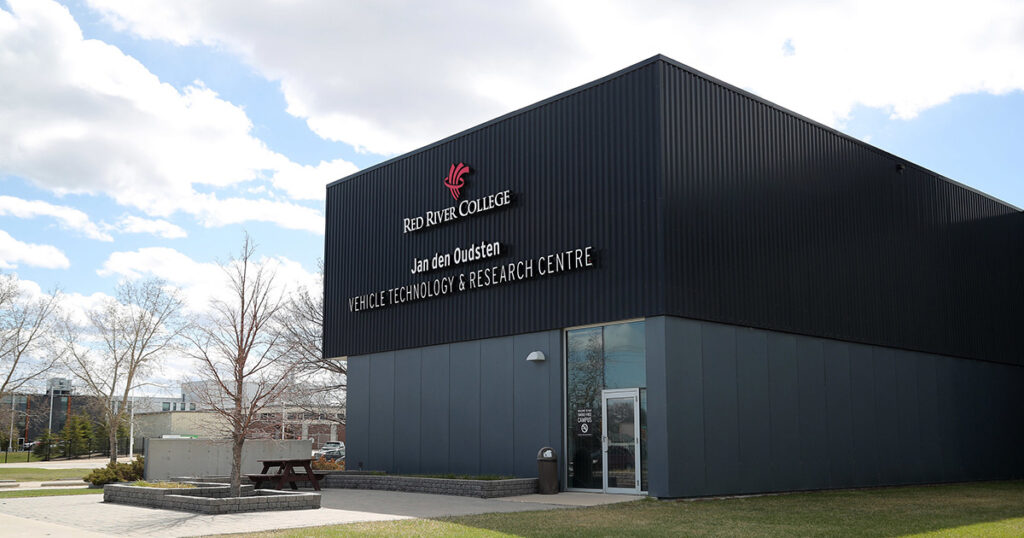Be a Climate Champion. Help shape the future with a $30,000 grant!
The deadline to apply for the Wawanesa Climate Champions: Youth Innovation Grant is approaching.
As a Canadian Colleges for a Resilient Recovery (C2R2) Partner Institution, current students and recent graduates from RRC Polytech could be awarded a $30,000 grant to initiate or extend a project/innovation that is youth-led (ages 18-30) and focused on climate change or climate mitigation. All projects will be made possible with funding from Wawanesa Insurance.
Canada needs your innovative solutions now more than ever. Don’t miss out on this opportunity to be a Climate Champion that creates lasting change. Apply for the Youth Innovation Grant today for your chance to be part of a more sustainable future.






